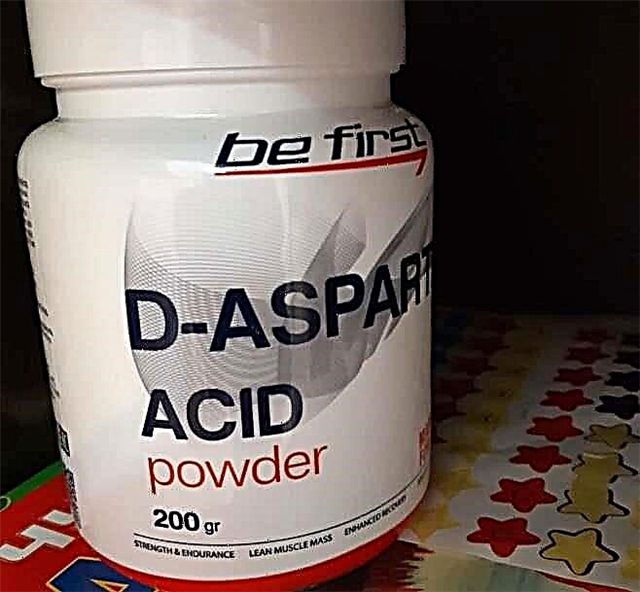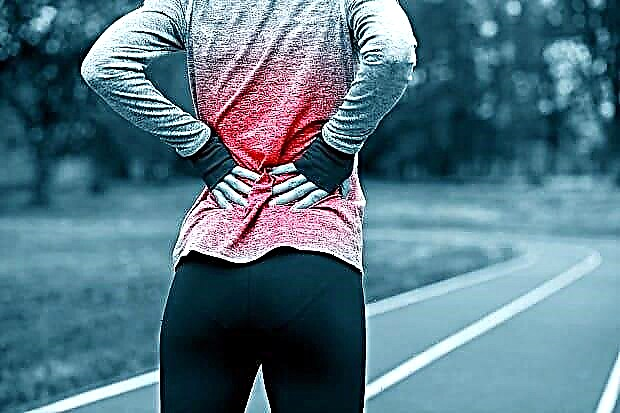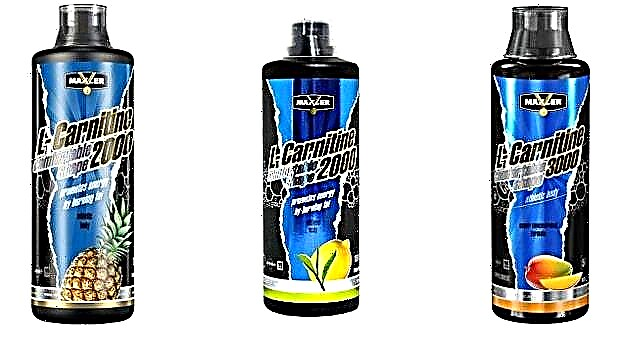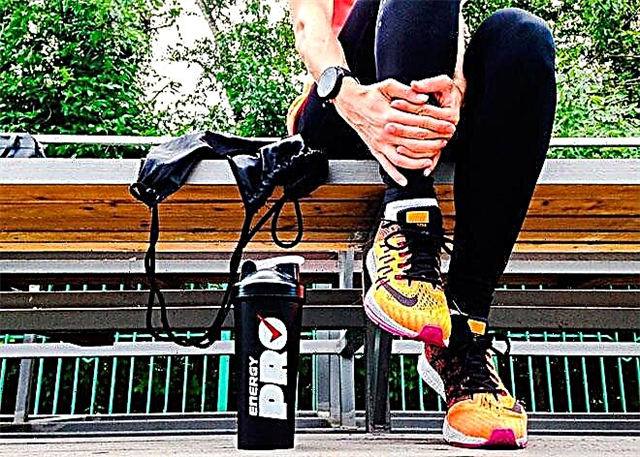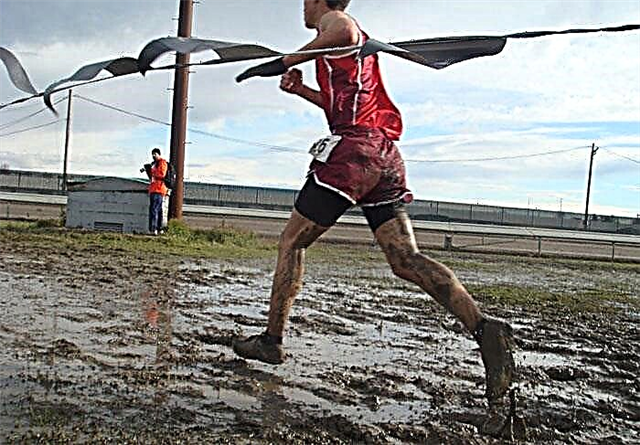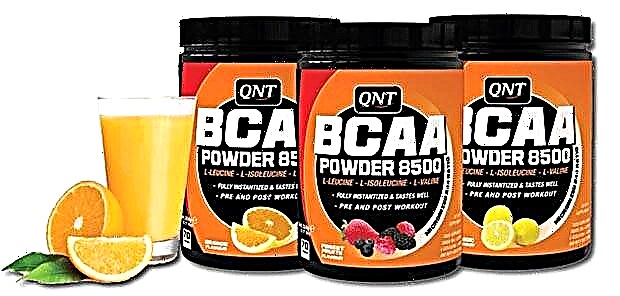Sports injuries
1K 14 04/20/2019 (last revised: 04/20/2019)
There are many reasons for nosebleeds (epistaxis). Nevertheless, its pathogenetic mechanism is the same. The bottom line is damage to the vessels of the nasal mucosa. Recurrent nosebleeds are dangerous for the development of iron deficiency anemia.
Classification of blood loss
Based on the amount of blood loss, it is customary to divide into:
- insignificant (several ml) - not hazardous to health;
- moderate - up to 200;
- massive - up to 300;
- profuse - more than 300.
Depending on the topographic features, epistaxis can be:
- anterior - in 90-95% (localization of the source in the antero-inferior part of the nasal passages, usually due to damage to the veins from the Kisslbach plexus);
- posterior - in 5-10% (in the middle and posterior parts of the nasal passages).

© PATTARAWIT - stock.adobe.com
The reasons
Bleeding can be caused by:
- mechanical injury (blows);
- barotrauma (abrupt ascent after diving);
- vascular damage caused by dry warm or cold air;
- increased blood pressure (bleeding from the nose is one of the protective mechanisms) due to many reasons, the most common of which are:
- hypertonic disease;
- pheochromocytoma;
- VSD;
- stress;
- changes in hormonal levels or taking hormone-containing drugs;
- rhinitis of an infectious and allergic nature;
- polyps (papillomas) of the nasal mucosa;
- atherosclerosis (vessels become weaker);
- hypovitaminosis C, PP and K;
- taking anticoagulants.
Taking into account the causative factor, bleeding is divided into:
- local;
- general (caused by the pathology of the body as a whole).
Epistaxis in athletes
Sports activities require maximum mobilization of the body's resources. For this reason, athletes may experience a relative lack of vitamins PP, K and C. A deficiency increases the risk of epistaxis.
Athletes experience stress associated with transient arterial hypertension, a risk factor for nosebleeds.
In addition, athletes are prone to injuries (nose injuries sustained during training and competition).
First aid for epistaxis
When deciding on the relief of nosebleeds, one should try to establish the genesis of the pathological condition.
Blood from the nose with high blood pressure
If epistaxis is observed against the background of a hypertensive crisis, it should not be stopped. It is a defense mechanism that slows down the rise in blood pressure and reduces the risk of acute myocardial infarction and stroke. In this case, you should try to lower systemic blood pressure by taking antihypertensive drugs or invite a doctor.
Anterior tamponade of the nose
In other cases, an anterior tamponade of the nasal passages is indicated, by tamponing with gauze or cotton wool, preferably previously moistened with a solution of hydrogen peroxide. Then cold should be applied to the bridge of the nose for 5-10 minutes (a towel soaked in ice water or pieces of ice placed in a plastic bag). At the same time, the bleeding nostril can be pressed. It is advisable to keep the head straight, not throwing it back, in order to avoid blood entering the respiratory tract.
In the presence of appropriate medications before tamponade, irrigation of the nasal mucosa is justified:
- vasoconstrictor drops for the common cold (Galazolin);
- 5% aminocaproic acid.

If the bleeding cannot be stopped within 10-15 minutes, an ambulance must be called.
Folk remedies for epistaxis
To soak tampons, you can use:
- juices:
- nettle;
- yarrow;
- shepherd's purse;
- a decoction of viburnum bark (at the rate of 10 g of bark per 200 ml of water).
When to see a doctor
Qualified medical attention is needed if:
- profuse bleeding that does not stop by anterior nasal tamponade;
- there is a suspicion of a fracture of the bones of the nose;
- available:
- cerebral or focal symptoms (headache, diplopia, dizziness, paresis of the extremities);
- the relationship between bleeding and the anticoagulants or hormonal drugs taken the day before;
- there is a possibility of the presence of a foreign object in the child's nose.
Prevention
In order to prevent recurrent epistaxis, it is necessary to establish its etiology and try to eliminate the causative factors. Specialists can help with this.
Fortifying activities include:
- massage in the form of light tapping with fingertips on the wings of the nose;
- prevention of possible hypovitaminosis PP, K, C;
- rinsing the nasal mucosa with solutions of sea salt, baking soda, herbal infusions (chamomile).
Make sure that babies do not injure the mucous membrane with fingers or household items.


